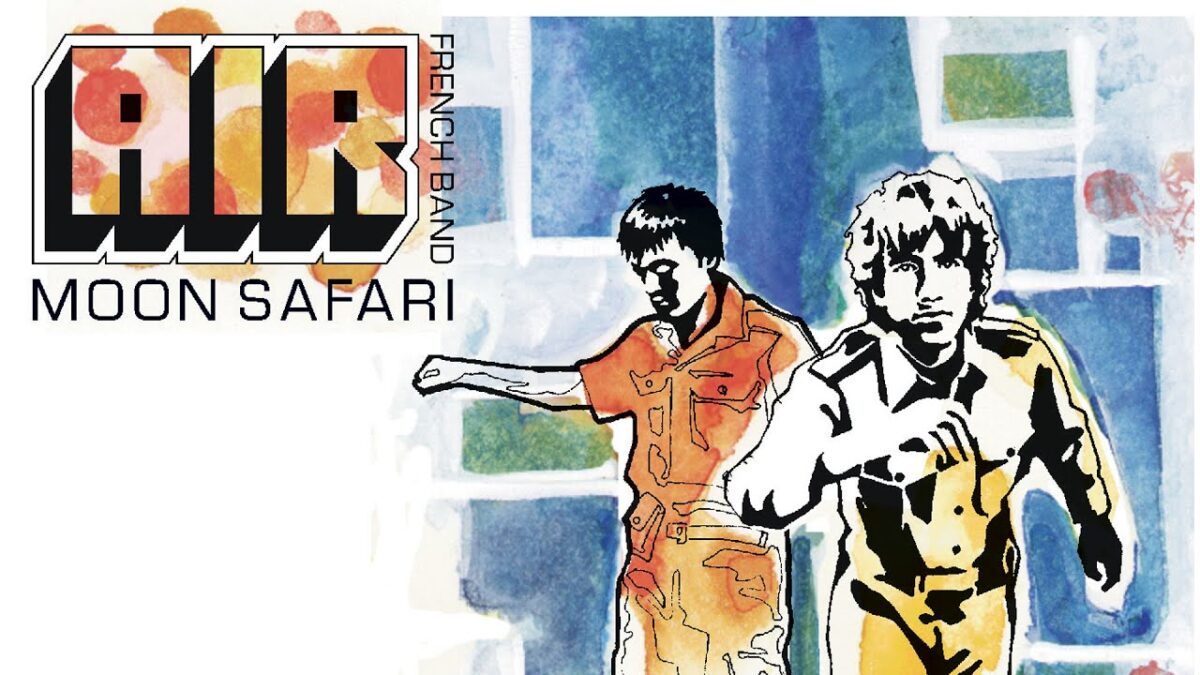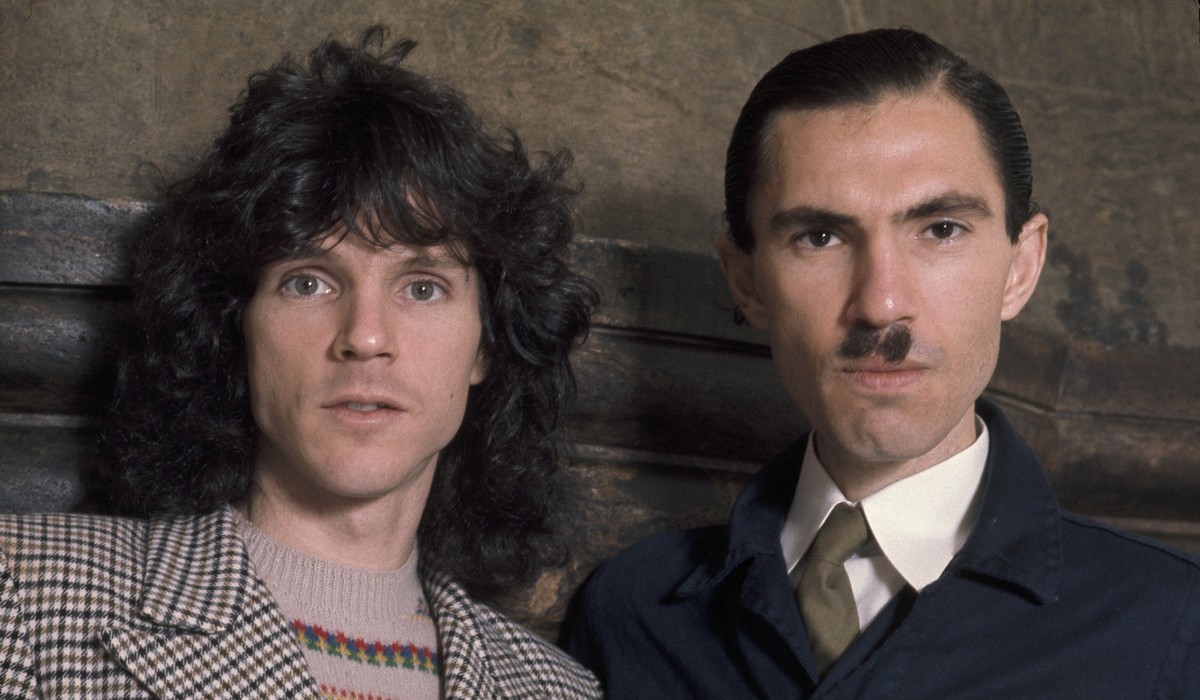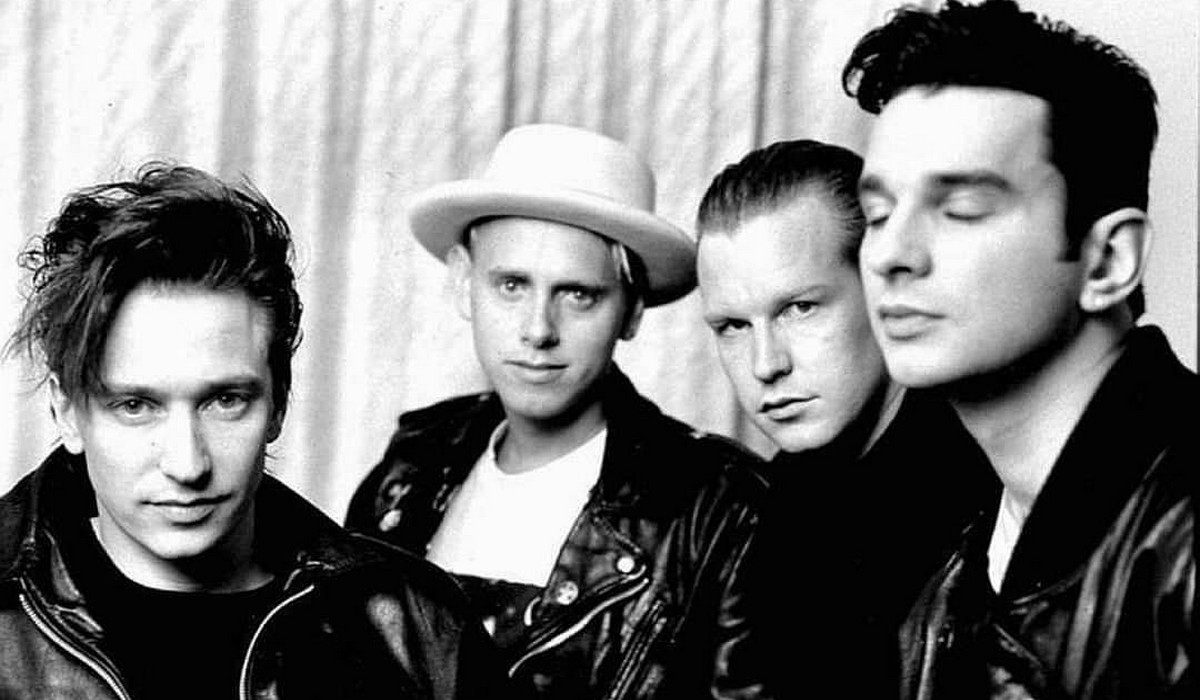Drifting through soft loops
The record begins like day breaking through gauze curtains, with Instantané unfolding its chords in languid spirals. Soft-spoken, consistent, clothed in melancholy and crisp textures, the voice rests just above the synths. Before this album, Simon Mény and Pierre Rousseau had already published a few songs, including the seductive La Ballade de Jim, a Bashung cover that showed their need for accuracy and depth. Recto Verso let them create a landscape where French chansons drifted over house rhythms without impact. The voice flows through the rhythm, cautious and present like one strolling over damp pavement.
Every tune feels like a picture taken in a calm area. Toi et moi conveys the heartbeat of a night recalled in bits. Words recur through necessity, not out of demanding attitude. Neither over nor under, the vocals are blended as instruments. The manufacture breathes. Drums appear like footsteps on marble. Bass lines flutter close to the chest. The album never runs. It stretches and creases to expose layers at the rim of silence. In containment is warmth; in slowness is clarity.
Shared sensitivity for textures and balance united the couple, which met via mutual friends. Pierre had a classical background, and he loved design and structure. Coming from fashion and voice, Simon paid close attention to phrasing and presence. Late and listening to the city via open windows, they worked in a Paris apartment. The sound of Recto Verso contains those rooms, those hours, those walls thin enough to permit every passing scooter and faraway horn.
The album’s name has symmetry in mind. Every track captures a vibe; every arrangement curves inward. Like a breath kept under water, Miroir opens with loops that sparkle like light through glass. Hémisphère follows a course across the seasons, its form precise but free. Matching the rhythms without resistance, the French language curves gently, fluidly. Only motion within stillness is present; there are no sudden drops or climaxes. The way cities exhale when no one speaks is mirrored in the music.
Recto Verso is deep, intricate, passionate and progressive. If it isn’t perceived as an excelling example of electronic production, then it should be remembered as lovable, lyrically.
(Radio UTD, 2016)
Paradis uses many different inspirations. In the vocals, hints of Sade and Étienne Daho appear. The rhythms reflect early Chicago house, clear and corporeal. The outcome belongs to no specified period. Living in its own era, far from urgency and near to sensation, Recto Verso The album invites alone listening, with headphones or through modest speakers, open windows, thoughts paused. Morning rain, evening strolls, extended metro trips call for it.
The release coincided with a time when French electronic music moved toward punch and clarity. Paradiso provided something gentler, more reflective without eliminating the dance. Bookstores, cafes, and bedrooms were places for their music. It went slowly, message to message, hand to hand. Certain songs showed on late-night club playlists alongside ambient composers. Those who felt its rhythm remember Recto Verso’s presence in murmurs.
Following the CD, the pair stopped. Pierre started film music and solo projects. Still connected to sound and voice, Simon struck his own course. Their main statement remains Recto Verso, whole and brilliant. The record communicates in its own tone. It doesn’t question. It offers no explanation. It runs. It lasts. It glides through you quietly, like a stranger whose scent you recall still hours later.





